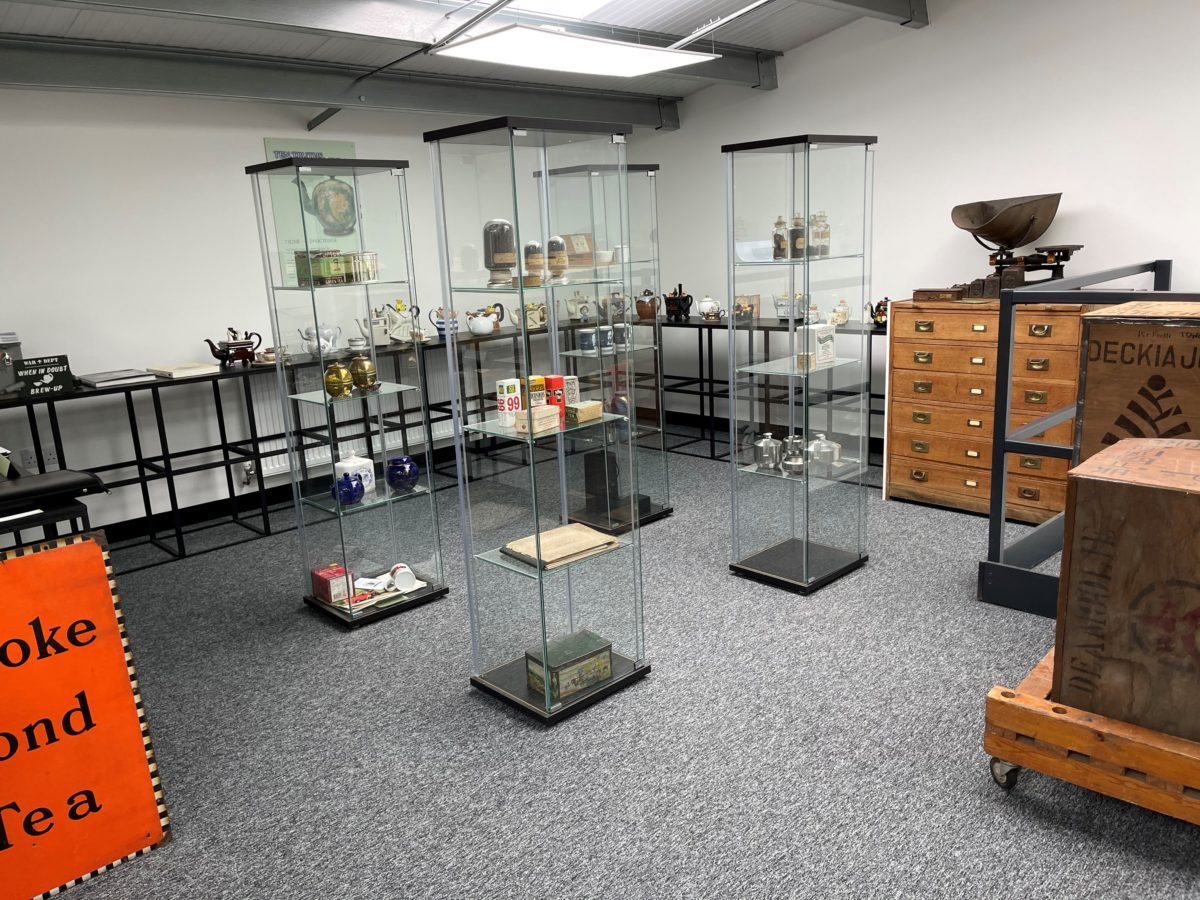
Tea History Collection, Oxfordshire, UK
English entrepreneur Denys C. Shortt, OBE, left the tea gardens of Assam where he grew up, but he never left tea.
The avid collector and student of history continued to gather historical artifacts as he successfully navigated the world of business, founding DCS Group in 1994 and expanding the company into a multi-million dollar enterprise. While his love of tea knows no bounds, space to store his collection was limited.
On International Tea Day Shortt unveiled the Tea History Collection, a not-for-profit resource for the tea industry located in Banbury, Oxfordshire. The collection is housed in a state-of-the-art facility equipped for video conferences, remote learning with 1GB connectivity, and virtual webinars all amid tea memorabilia dating to a century or more. There is also a tea tasting bar and meeting space available for use by tea-related organizations.
Shortt said that he had been working the London Tea History Association for several years, “We felt that there was a need for a place to store important historical tea items and so I offered my business premises DCS Group in Banbury.”
“In just a few months we have had many donations from people in the tea industry. We now have over 500 items in the museum – with important books, interesting tea items and even some tea samples dating back to 1904!,” he said.
“We do not believe there is anything like this in the world,” says Shortt.
Teaware
Notable in the collection is a tea tasting sample cabinet with more than 200 tins in use in 1904 and donated by Brian Writer retired from Windmill Tea Co., plaques from the London Tea Auction Room at Plantation House, a collection of vintage tea tins, and rare artifacts, books, equipment, and tea samples from bygone days. Exhibits show how tea was moved, stored, auctioned, and marketed. The displays are temperature-controlled and available for viewing online.
Tea storage
On International Tea Day, Tea Ambassador Mike Bunston, OBE, led a private ribbon-cutting ceremony due to Covid restrictions. Pogson spoke and Bunston gave a tea tasting lesson for all attending followed by a lesson on tea etiquette by The Culture Concierge Alexandra Messervy who advised the Queen’s staff on matters of tea. Afternoon tea served at London hotels generates more than £50 million ($70 million) per year and is very popular with tourists, according to Messervy.
Tea Equipment
Denys’ father Peter Shortt was tea estate manager at Langharjan Tea Estate in Assam for 22 years before moving young Denys to Fort Portal Uganda, and then to Thika in Kenya where Peter managed the Ikumbi Tea Estate owned by Brooke Bond. Denys said his family spent 30 years in the tea industry. Denys explained that six years ago after the London Tea History Association started “we discussed important tea artifacts. One of our members Brian Writer had retired after running Windmill Tea Company. He has had a long history in tea.” Brian asked me to look after his tea memorabilia. When I asked how much there was he said “enough to fill a van!”
“We collected the items and when we saw how amazing they were we decided to spend £100,000 creating a room for a Collection. It is a museum but not open to the public so we called it a collection,” said Shortt. “The project took a year to build,” he says.
Books on Tea
The Collection Contains
- A history of Camellia Sinensis dating back to the very beginning. Shortt sponsored the cataloging of the entire Tea Collection at Royal Botanic Gardens at Kew in London. This collection will be photographed, documented, and digitized for everyone to enjoy.
- A historical collection of important books on tea and tea companies – including five Assam Directories, five copies of The Tea Shares from 1932 onwards, and many books on tea from Denys’ large personal collection.
- A historical collection of items associated with the Business of Tea in the UK. This includes information on tea brokers, manufacturers, and the London Tea Auctions. There are four plaques from the London Tea Auction Room at Plantation House.
- A collection of vintage tea tins and tea advertising.
- Historical items donated by UK tea manufacturers.
Tasting with Mike Bunston
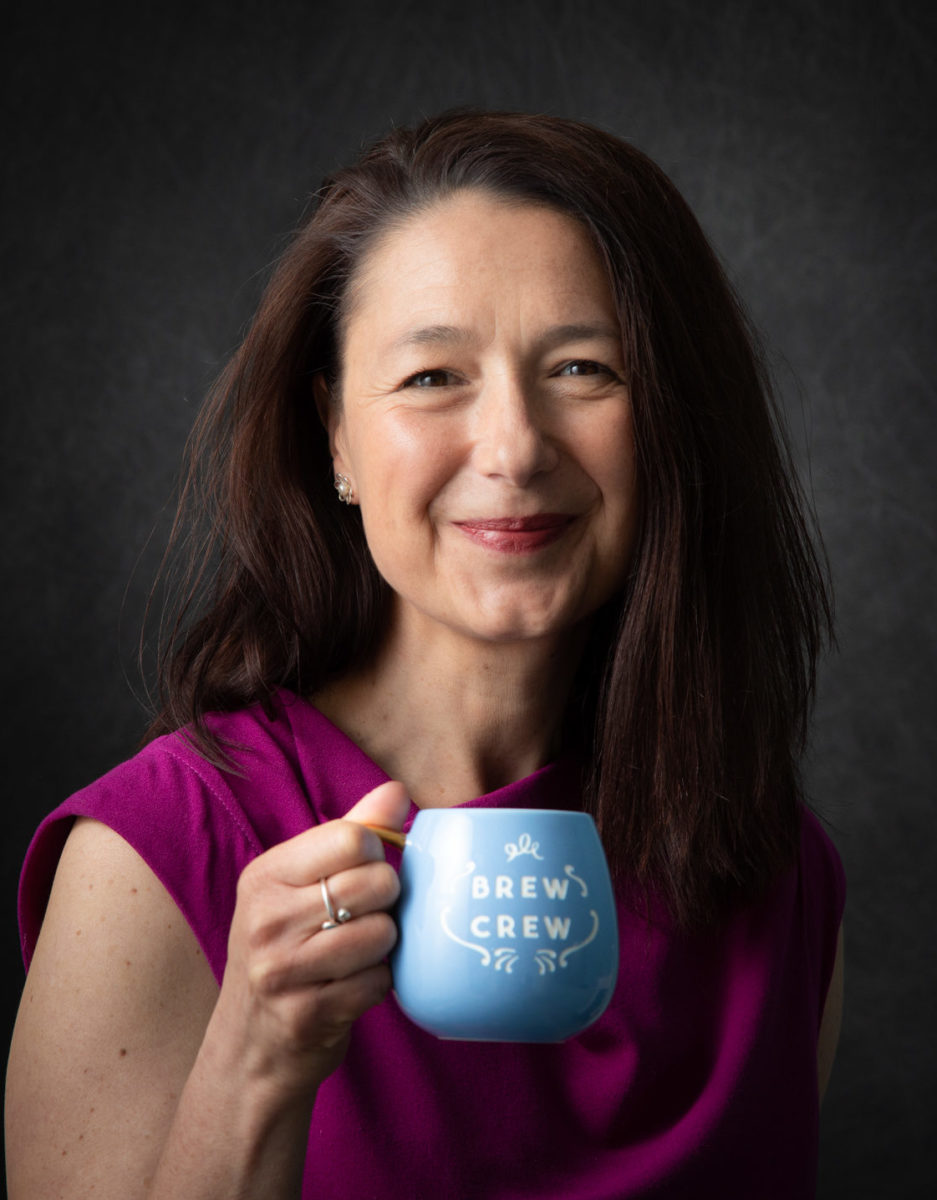
Dr. Sharon Hall CEO of UKTIA said. ‘The United Kingdom Tea & Infusions Association is honored to be a supporter of the Tea History Collection. This resource will preserve the history of the tea industry for future generations to study. It is a marvelous facility, where industry, academics, and tea enthusiasts can come together to learn from the past and collaborate on projects to secure a better future for the tea industry.”
Viewing is by appointment only.
Learn more at Tea History, UK, (www.teahistory.co.uk), also on Facebook and Instagram @teahistorycollection
Related: Rediscovering 174 Years of Tea
Tea Market
Get More Value from Your Tea: BRU Maker One
+41794574278
Jacque's Organics
(647) 804-7263
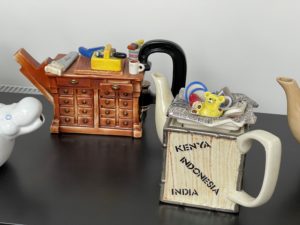
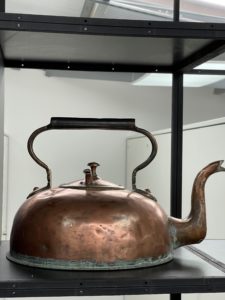
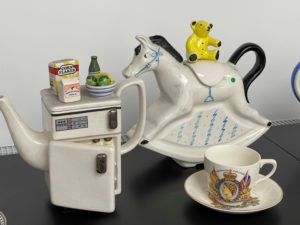
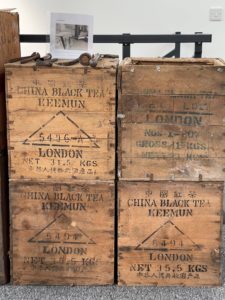
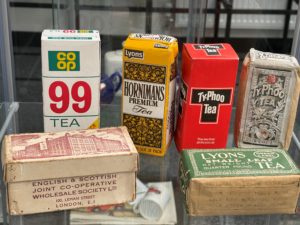
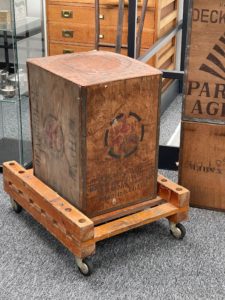
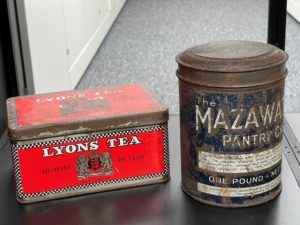
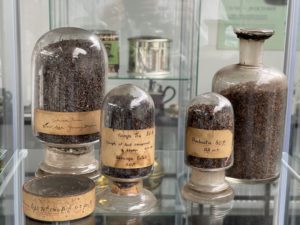
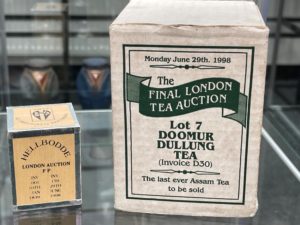
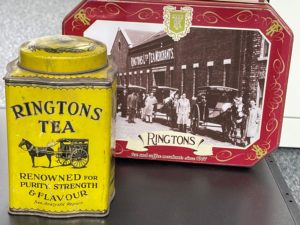
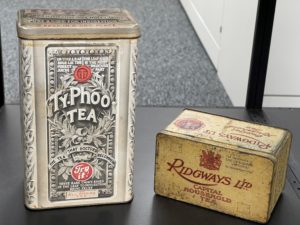
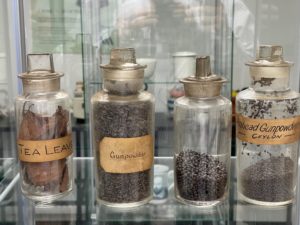
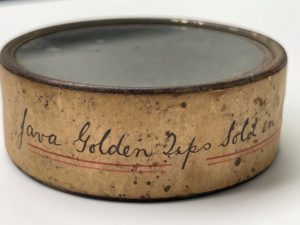
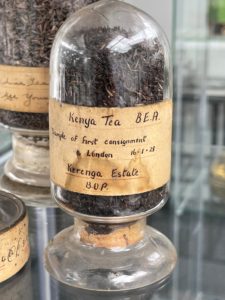
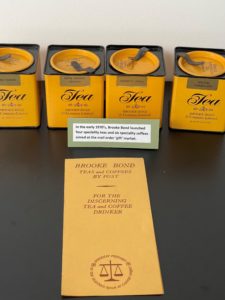
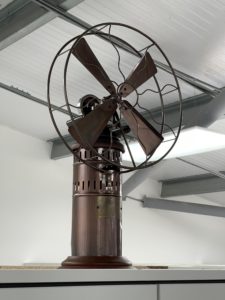
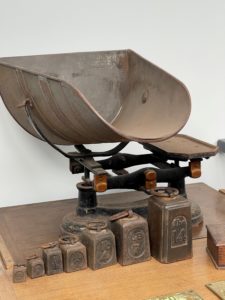
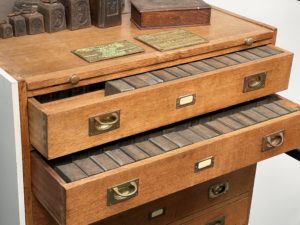
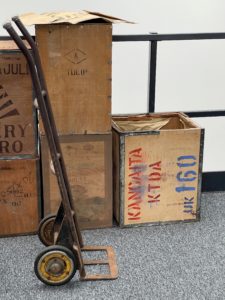
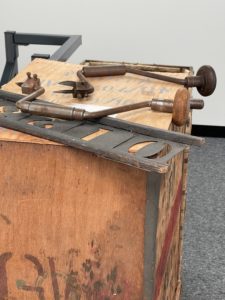
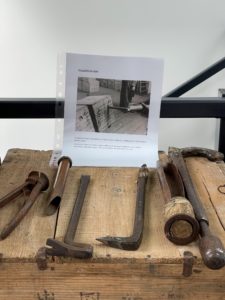
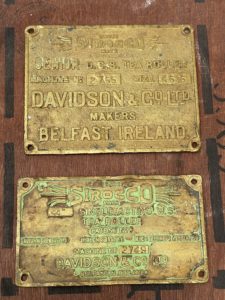
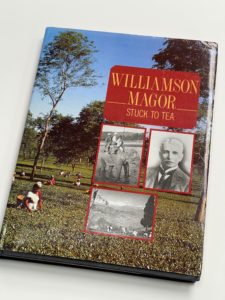
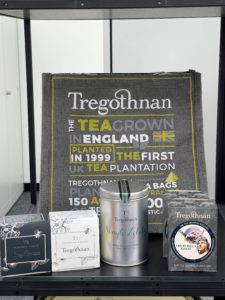
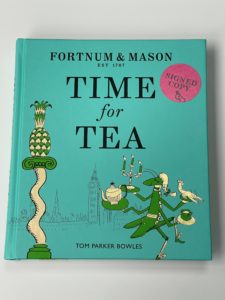
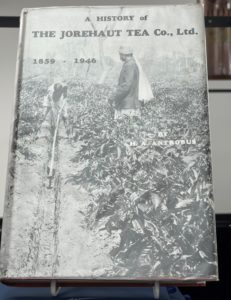
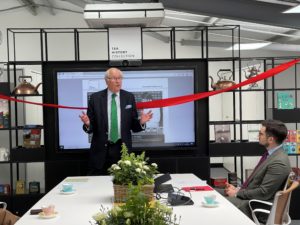
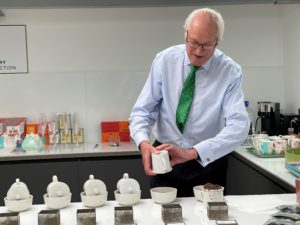
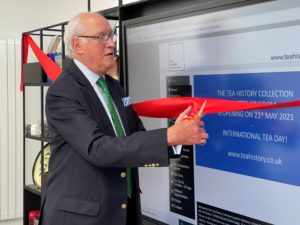
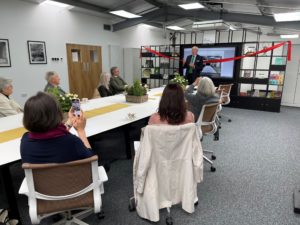
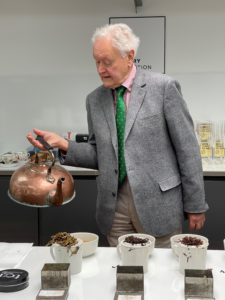
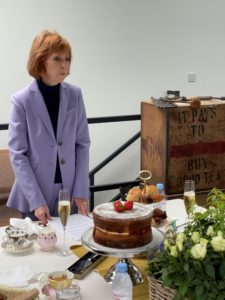
Thank you. for a very informative article.
Welcome. Unique initiative in tea.
Welcome.
Your article was very revealing. I had never heard such a unique initiative.
Thanks for taking time to read the story.
Will visit when times are more settled.Have been “in Tea” a long time-since 1960-Namdang/Bogapani/MA to 21 Gillanders Factories-Warrawau Estate PNG-Madura Tea Estates NSW